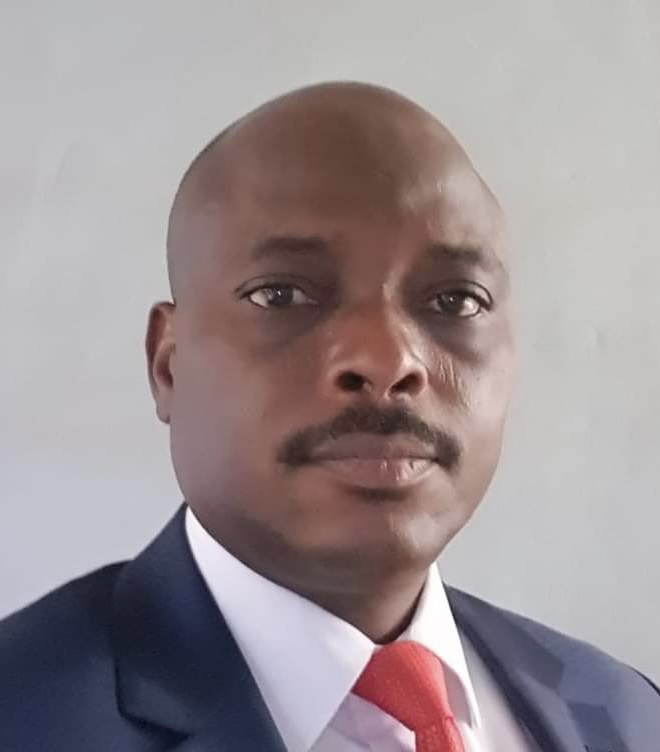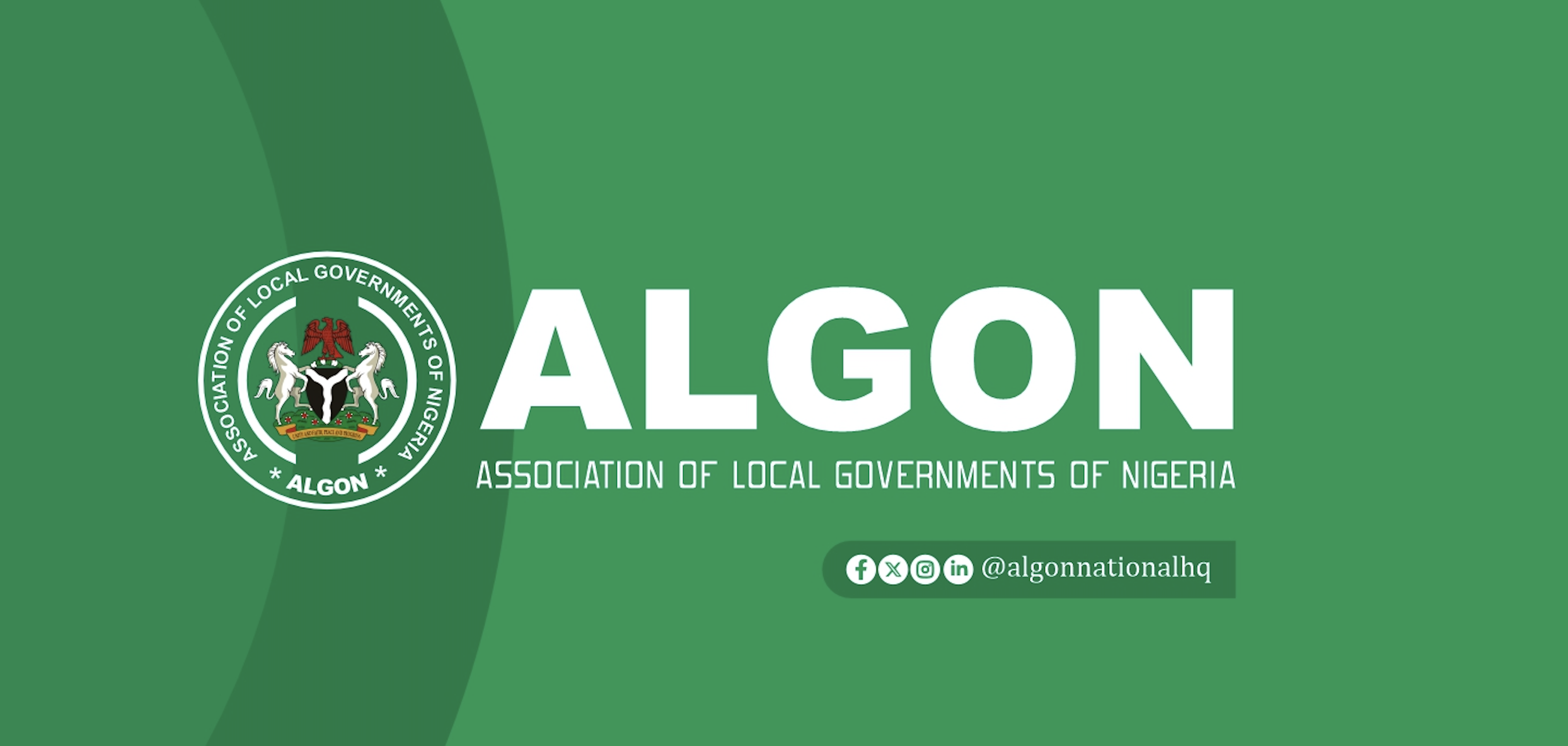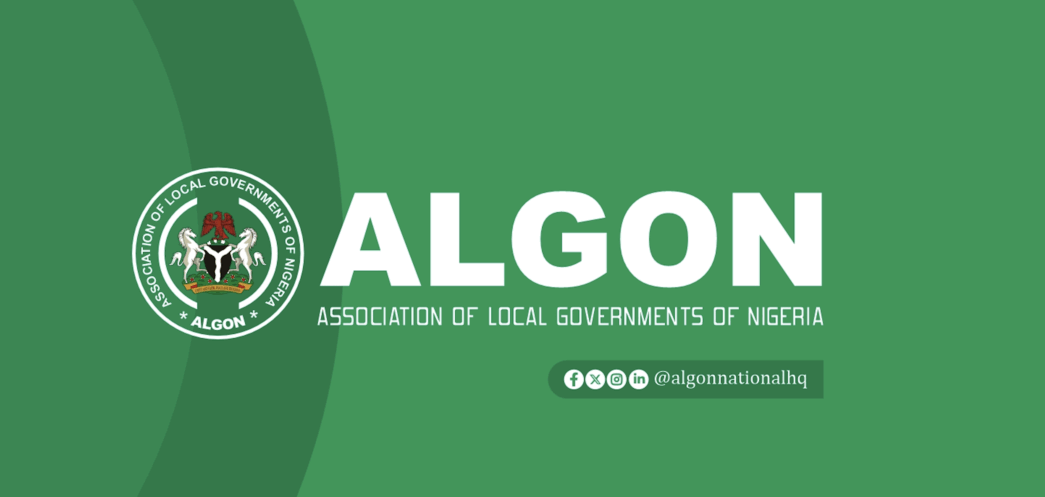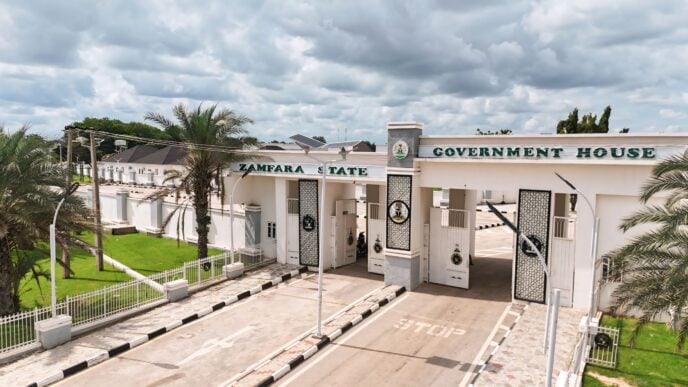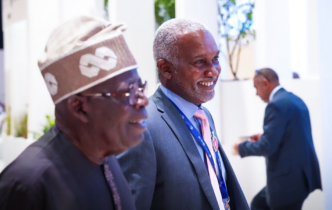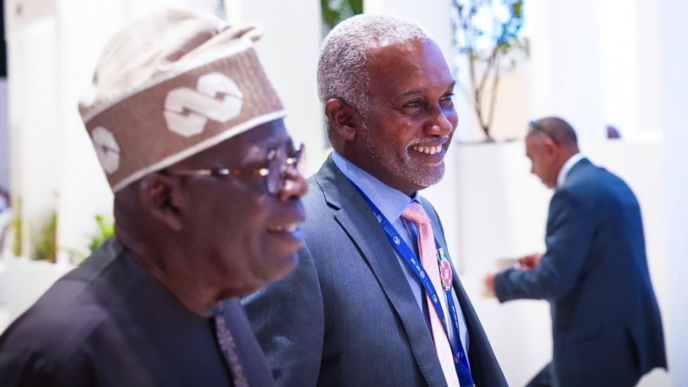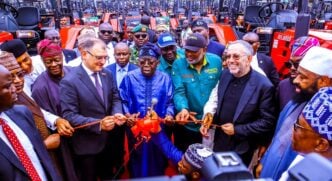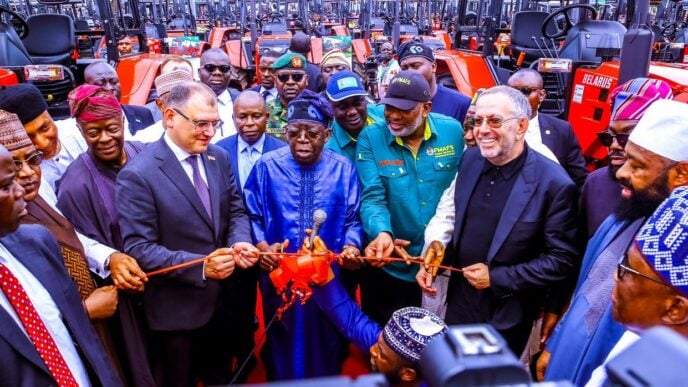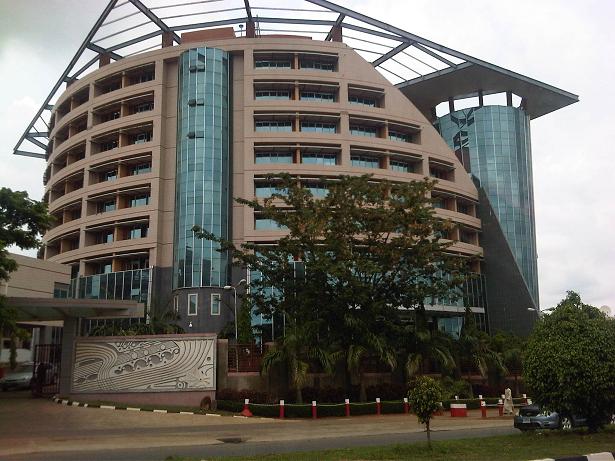One year ago, precisely July 11, 2024, something extraordinary happened in Nigeria. A long-awaited decision emerged from the highest court in the land, the Supreme Court of Nigeria, granting full autonomy to all 774 local government councils across the country. That single ruling stirred hope, excitement, and a renewed sense of ownership in the hearts of ordinary Nigerians. It was more than just a judgement. It was a liberation.
From Lagos to Zamfara, from Sokoto to Bayelsa, from my small village, Ikirun in Osun State, to Dankalwa in Yobe State, the news spread like wildfire: the grassroots,the long-forgotten pillars of Nigerian democracy, were finally being restored to their rightful place. People danced, not just out of joy, but out of relief. Relief that after decades of decay, dysfunction, and disenfranchisement, the promise of good governance might finally reach their doorsteps.
Many heaped praise on President Bola Ahmed Tinubu for daring to walk a path where others had faltered. He was celebrated as a bold reformer, one who would not cower before the entrenched interests that had long held Nigeria captive. The judgment was hailed as a giant leap forward—a breath of fresh air in a polity stifled by centralization and state capture.
A Broken System—Now With a Lifeline
Before the judgement, local government areas had been reduced to mere appendages of state governments. Governors hijacked council allocations and ran them like private estates. The supposed third tier of government, meant to provide direct, immediate, and efficient governance, had become a ghost of its original purpose. Projects stopped. Roads collapsed. Schools became death traps. Health centers were left to rot.
Advertisement
It wasn’t always this way. The framers of the 1976 Local Government Reform, under the military regime of General Murtala Muhammed, envisioned local governments as engines of development—agents of inclusion and grassroots representation. But over the years, successive civilian governments watered down this vision. State governors, armed with constitutional ambiguity and political greed, seized control, appointed caretaker committees, and silenced the voices of the people at the lowest levels.
For decades, Nigerians cried for a reform. And for once, they got it.
A Flicker of Hope
The Supreme Court judgement, backed by presidential will, brought new life into the system. It created a seismic shift in the national psyche. People who had lost hope began to dream again. Young leaders saw the local council as a viable platform for meaningful impact. Activists, traditional rulers, women, and community-based organisations mobilised around the idea of local empowerment.
Advertisement
Suddenly, the slogan “Power to the People” felt real.
But barely 12 months later, that dream is on life support.
The excitement has faded. Nothing tangible has changed. The same old pattern persists: governors sitting on council funds, using them to fund bloated convoys, white-elephant projects, and political machineries, while communities wallow in darkness, disease, and despair.
The Real Enemies of Autonomy
So, who is sabotaging this revolutionary judgement? Who are the faceless forces standing in the way of progress?
Advertisement
The answer is painful but clear: The real enemies of local government autonomy are the state governors.
These governors, many of whom rode to power on promises of decentralisation, have now become the chief beneficiaries of a corrupt and dysfunctional system. Their resistance to local government independence is neither legal nor moral; it is selfish. It is criminal. It is treasonous against the spirit of democracy.
Rather than embrace this reform, they have turned the issue into a political weapon—a tool to blackmail the President. According to insiders and political analysts, the governors have mounted intense pressure on President Tinubu, threatening to deny him re-election support unless he abandons the implementation of the judgement.
And tragically, it seems the President has bowed to their demands. The implementation has stalled. The people have been left stranded once again. It is as if the judgement never happened.
Advertisement
Mr. President, History Is Watching
President Tinubu must understand that this moment is bigger than any election. This is about legacy. It is about breaking the cycle of underdevelopment that has gripped Nigeria for over 60 years.
Sir, if you must choose between a second term and the liberation of the people—choose the people.
Advertisement
If you must lose political allies in the process—lose them.
For what shall it profit a man to win a second term, and lose the soul of a nation?
Advertisement
History does not remember cowards. It remembers leaders who dared to stand alone. Mandela did. Awolowo did. Even in our history, General Murtala Mohammed is remembered not because he ruled for long, but because he ruled with vision and courage.
A Nation Betrayed by Its Own
This is not just a political issue. It is a humanitarian one. In every community, you will find abandoned primary schools, unpaid teachers, unfunded health clinics, broken roads, and unemployed youth. The allocations meant to solve these problems are being hijacked in the state capitals by men who have no empathy for the people they serve.
Advertisement
The governors blame Abuja. But truth be told, many of them have no vision beyond the next allocation. Nigeria is a land of riches—mineral resources, fertile land, tourism potential—but most governors sit on this goldmine and wait like beggars for monthly allocations.
What kind of leadership is that?
What kind of wickedness allows a person to watch entire communities perish while they fund their next political campaign with stolen local funds?
A Call to Action
Fellow Nigerians, we must rise. This is our battle. This is our moment to say enough is enough. We must demand that the Supreme Court judgement be implemented immediately. We must name and shame those standing against progress. We must hold governors accountable. We must tell President Tinubu: history is greater than re-election.
Civil society, the media, the religious institutions, student groups, market women, traditional leaders—this is your fight. If we do not protect this judgement, we risk losing the soul of our democracy forever.
Let us rise as one. Let us defend the autonomy of local governments with our voices, our pens, our platforms, and if necessary, with peaceful protest. Our silence is no longer golden—it is fatal.
Let the children in the villages see a future. Let the sick in our rural health posts find healing. Let the unemployed youth find meaning in local jobs. Let governance return to the people.
The Verdict of History
There will come a time when our children will ask us: when local government autonomy was handed down by the Supreme Court, what did you do? Were you silent? Were you complicit? Or did you fight for justice?
Let us be able to say we stood up. Let us be able to say we spoke out.
The judgement must stand. The autonomy must be implemented. The grassroots must rise again.
And the enemies of progress must be named, shamed, and stopped—forever.
Tooki is a public analyst, media consultant and public relations expert
Views expressed by contributors are strictly personal and not of TheCable.
